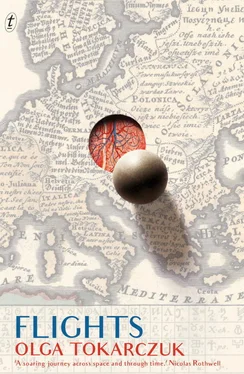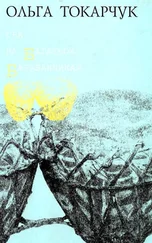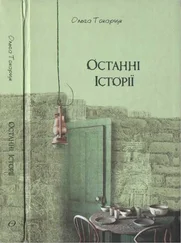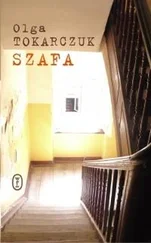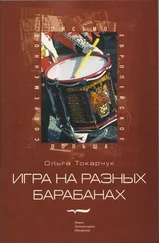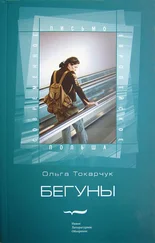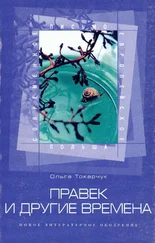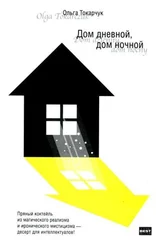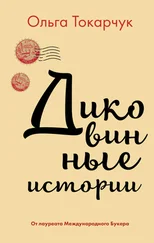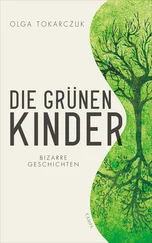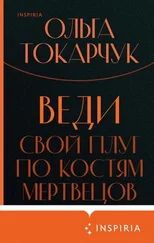Karen had already done her private survey of her fellow passengers that morning, when they had boarded the ship in Piraeus. Everyone, even the French, spoke English. Taxis had brought them straight from the airport in Athens or from their hotels. They were polite, attractive, intelligent. Here was a couple, in their fifties, slim, probably older than they looked, in fact, in light-coloured natural clothing, linen and cotton, him playing with his pen, her sitting up straight and loose, like someone trained in relaxation techniques. Continuing on, a young woman whose eyes were glazed by her contact lenses, taking notes, left-handed, writing in big round letters, drawing figures of eight in the margins. Behind her two gay guys, well-dressed, well-groomed, one of them wearing funny glasses à la Elton John. By the window a father with his daughter, which they mentioned immediately upon introducing themselves, the man probably afraid of being suspected of an affair with a minor; the girl always wore black and had her head shaved almost bald, with pretty dark pouting lips that betrayed an expression of irrepressibly swollen disdain. The next couple, harmoniously grey-haired, was Swedish, apparently ichthyologists – Karen had noticed this on the list of lecture participants they had received ahead of time. The Swedes were calm and looked a lot like one another, though not in the way people look like each other from birth – it was instead the kind of resemblance that must be worked at, hard, over the course of many years of marriage. A few younger people, this cruise was their first; they seemed to still be unsure whether this ancient Greek stuff was for them, or whether they wouldn’t rather delve into the mysteries of orchids or of turn-of-the-century Middle Eastern decorative arts. Was their rightful place this ship with this old man who commenced lectures by rambling about citrus fruits? Karen took a longer look at the red-headed, fair-skinned man in jeans that hung around his hips, who rubbed the several days’ worth of light-blond stubble on his face. She thought he looked German. A handsome German. And a dozen or so others, in focused silence, watching the professor.
Here was a new type of mind, thought Karen, that didn’t trust words from books, from the best textbooks, from papers, monographs, encyclopaedias – abused over the course of its studies, now it had cerebral hiccups. It had been corrupted by the ease of breaking down any construct – even the most complex – into prime factors. Reducing ad absurdum every ill-considered argumentation, taking on every few years a completely new, fashionable language, which – like the latest advertised version of a pocketknife – could do anything with everything: open cans, clean fish, interpret novels and foresee the evolution of the political situation in central Africa. A mind for charades, a mind that employed citations and cross-references like knife and fork. A rational and discursive mind, lonely and sterile. A mind that seemed to be aware of everything, even things it didn’t really understand, but that moved fast – a quick, intelligent electric impulse without limits, linking everything with everything, convinced that all of it together must mean something, even if we couldn’t yet know what.
Now, with verve, the professor began to expound upon the origins of the name Poseidon, and Karen turned her face towards the sea.
After every lecture he needed her assurance that it had gone well. In their cabin, as they dressed for dinner, she would hug him to her, his hair smelling slightly of his chamomile shampoo. Now they were ready to go, him in his lightweight dark-coloured jacket and his favourite old-fashioned scarf, her in her green velvet dress, and stood inside their cramped cabin with their faces at the windows. She handed him his little cup of wine, he took a sip and whispered a few words, then dipped his fingers in and sprinkled wine around the cabin, but carefully, so as not to stain the fluffy brownish carpet. The drops sank into the dark upholstery of the chair, wine vanishing into furniture; there would be no trace of it. She did the same.
At dinner, the golden German man joined their table, which they were sharing with the captain, and Karen saw that her husband was none too pleased with this new presence. The man, however, was pleasant, tactful. He introduced himself as a programmer, and said he worked with computers in Bergen, near the Arctic Circle. So he was Norwegian. In the soft lamplight his skin, eyes and the thin wire frames of his glasses all seemed made of gold. His white linen shirt unnecessarily covering his golden torso.
He was interested in one of the words the professor had used during his lecture, which had in fact been explained with great precision.
‘Contuition,’ repeated the professor, his irritation painstakingly concealed, ‘is, as I said, a variety of insight that spontaneously reveals the presence of some larger-than-human strength, some unity above heterogeneity. I’ll expand tomorrow,’ he added, with his mouth full.
‘Right,’ responded the man somewhat helplessly. ‘But what would that mean?’
He did not receive a response, because after ruminating for a moment, evidently searching through the stocks of the abyss of his memory, the professor finally began to trace a series of small circles in the air with his hand, reciting:
‘Reject everything, do not look, shut your eyes and change your gaze, awaken another one that almost everyone has, but that few use.’
He was so proud of himself he actually blushed.
‘Plato.’
The captain nodded knowingly, and then raised a toast – this was their fifth shared journey:
‘To our happy little anniversary.’
It was strange, but just then Karen felt certain this would be their last shared journey.
‘May we meet again next year,’ she said.
The professor, animated now, told the captain and the ginger-haired man, who introduced himself as Ole, about his latest idea.
‘A trip that would follow in the footsteps of Odysseus,’ he said, and then waited, to give them time to be astonished by the thought. ‘Approximately, of course. We’d need to think how to organize it, logistically.’ He looked at Karen, who muttered:
‘It did take Odysseus twenty years.’
‘That doesn’t matter,’ the professor replied merrily. ‘In today’s day and age you could do it in two weeks.’
Then Karen’s and Ole’s eyes met, by accident.
It was on that night or the following one that she had an orgasm, just like that, in her sleep. It was somehow connected with the red-headed Norwegian, but it wasn’t clear how, because she didn’t remember very much of what had gone on there, in her dream. She’d simply known that golden man, profoundly. She woke up with echoes of contractions in her lower abdomen, stunned, amazed and then embarrassed. Without realizing she was doing it, she started counting them, catching the final four.
The next day, as they were moving along the coast, Karen openly admitted to herself that in many places, at this stage, there was nothing left to see.
The road to Eleusis was an asphalt highway down which cars went speeding; thirty kilometres of ugliness and banality, desiccated hard shoulders, concrete homes, ads, parking lots and land it wouldn’t have made sense to cultivate. Warehouses, loading ramps, a giant dirty port, a heating plant.
Once they were ashore, the professor led the whole group to the ruins of Demeter’s temple, which now looked rather sad. The group could not conceal its disappointment, so he called on all of them to imagine turning back time.
‘This route from Athens was barely reinforced by stones back then, and very narrow – look, swarms of people move along it towards Eleusis, walking, kicking up the dust feared by the greatest rulers of the world. The packed crowd cries out, the sound of hundreds of throats.’
Читать дальше
